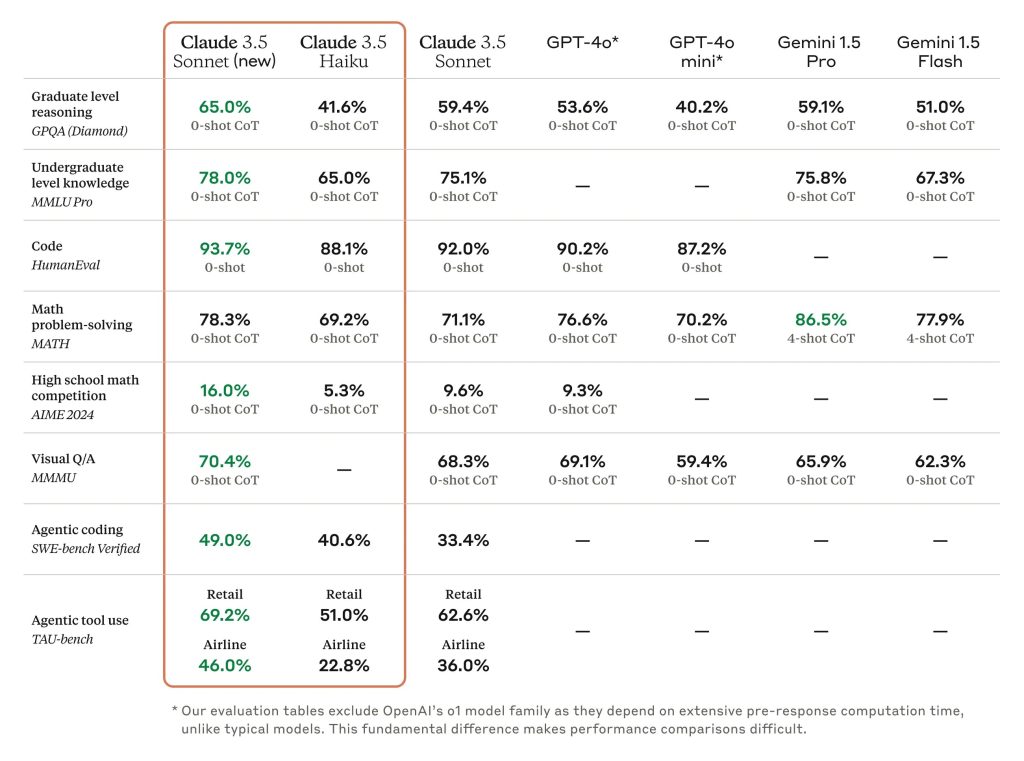AI Coding Capabilities Reach New Heights with Claude 3.5 Updates

Anthropic just dropped some major updates to their AI lineup, and we've got all the details that matter to developers.
The Headline Features
The biggest news is the supercharged Claude 3.5 Sonnet model and its new sibling, Claude 3.5 Haiku. But what really caught our attention is their groundbreaking "computer control" feature that's now in public beta. As developers, this could be a game-changer for our workflows.
Impressive Coding Benchmarks
Let's talk numbers that matter to us devs:
- Claude 3.5 Sonnet hit a whopping 49.0% on SWE-bench Verified
- This beats out all publicly available models, including OpenAI's tools and specialized coding systems
- The new Haiku model (dropping later this month) scored 40.6% on the same benchmark
GitLab's testing showed up to 10% better reasoning across use cases, with no added latency. That's the kind of performance boost we love to see!

Computer Control: The Next Frontier
This is where things get really interesting. Imagine an AI that can actually see your screen, move the cursor, click, and type - just like pair programming with a very capable partner. Claude 3.5 Sonnet is pioneering this functionality, and the early results are promising:
- 14.9% score on the OSWorld benchmark for screenshot-only tests
- Nearly doubles the previous best score of 7.8%
Safety First
For those concerned about security (as we all should be), it's worth noting that these developments haven't skipped any safety checks. Both the US and UK AI Safety Institutes have been involved in pre-deployment testing, and everything aligns with Anthropic's ASL-2 Standard from their Responsible Scaling Policy.
What This Means for Developers
The improved Claude 3.5 Sonnet is already being adopted by major tech companies, and we're seeing real-world benefits in code generation and analysis. Meanwhile, the upcoming Haiku model promises to deliver similar performance to the previous Claude 3 Opus while being more cost-effective and faster - perfect for teams watching their budget without compromising on quality.
Bottom Line
These advances represent a significant step forward in AI-assisted development. Whether you're looking for more accurate code generation, better code review capabilities, or exploring new ways to integrate AI into your workflow, these updates are worth keeping an eye on.
Stay tuned to the CodeJS blog for more updates and practical applications of these new capabilities in your development workflow!